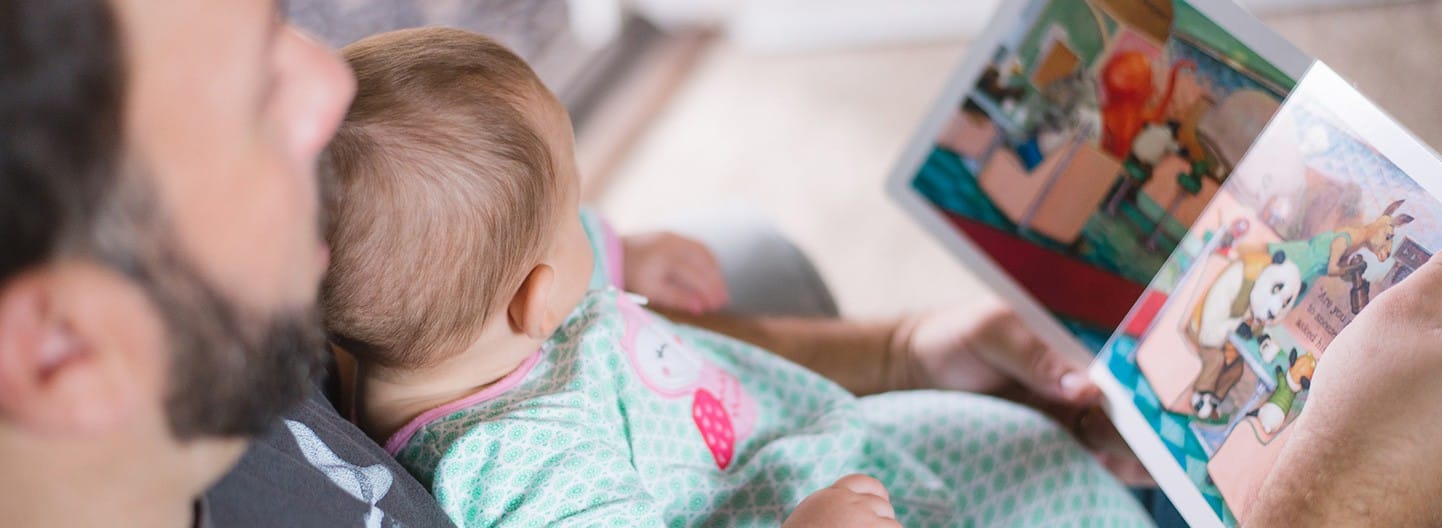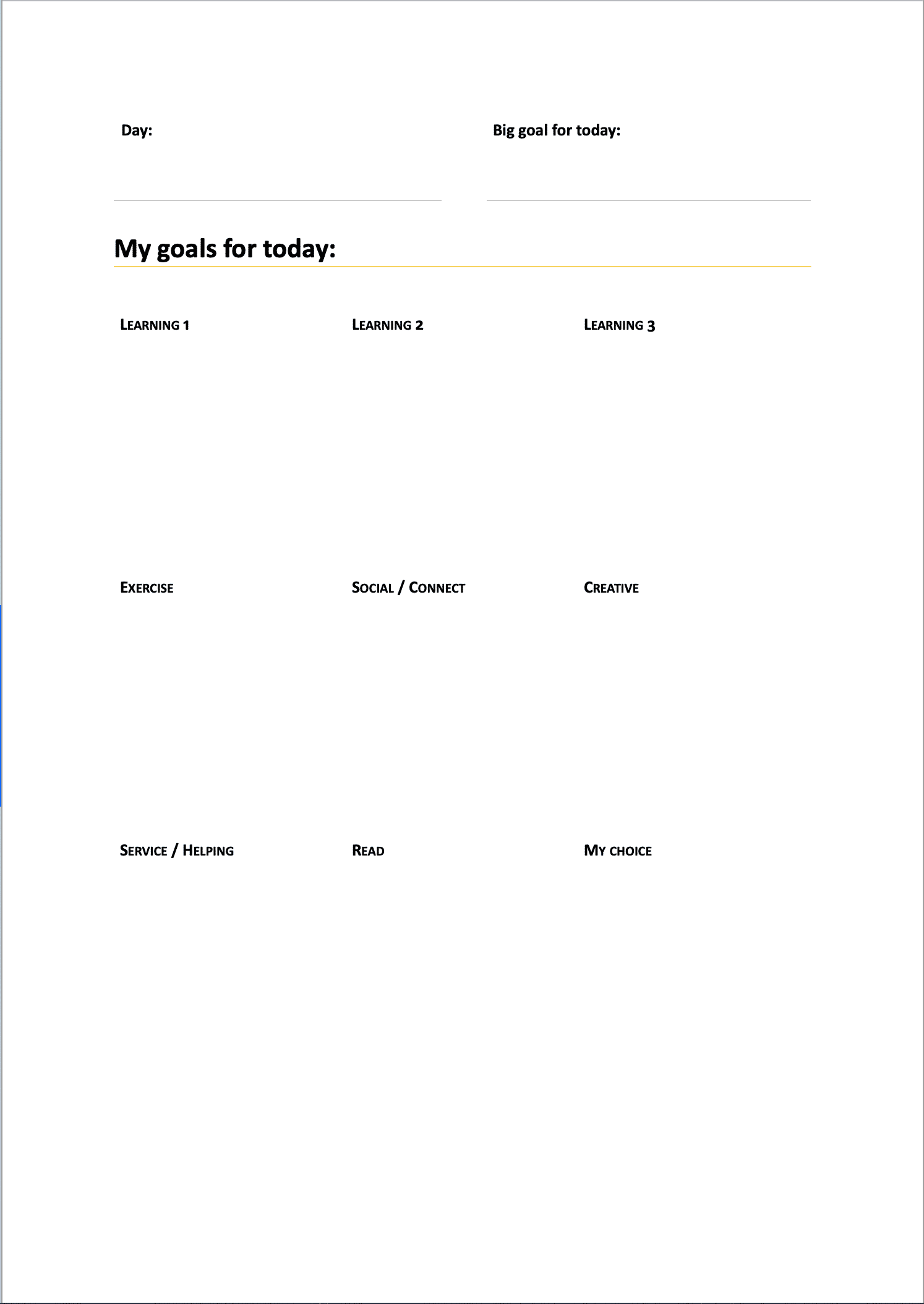Our team at Umbrella have years of collective parenting experience from babies to teens, and now grandchildren. We’ve put our heads together to share some of the best tips for parenting in lockdown, although we think they are helpful in most situations. One of the best ideas to keep in mind is that you are raising future adults, this helps reframe the challenging task of parenting with both a purpose and a timeframe, albeit a sometimes-daunting task.
To try and keep things digestible (note, we didn’t say simple, we know parenting is not simple!), we’ve broken it down into four key themes that come up again and again in the best thinking and parenting tools.
- Connection
Connection is both the glue that holds our family relationships together and the oil that lubricates them. It is hard to make progress with our child and manage challenging behaviours or attitudes if we don’t have this foundation sorted. Our top tips for connection include:
- Spend some time with your child doing something they enjoy or listening to them talk about something they are really into. Getting down at their level and into their world, without distractions or interruptions, is gold. You are aiming for quality not quantity, so lose the cellphone for a while. Let them lead and choose, although for younger children you may wish to make it an either/or choice, e.g. Would you like to blow bubbles or go for a walk and count the teddies in people’s windows? Try and make this time without an agenda – no flashcards or life lessons.
- Support your child’s connection with other important people in their life, such as family or friends. This could be via a phone call or a “playdate” on Zoom. Check out this Netsafe article on how to Zoom safely.
- Make your time together part of your routine. My special time with my daughter each day is whilst we get dinner together. She prepares the vegetables and we talk.
- Help yourself transition from work to being present with a transition ritual.
- Structure and purpose
Kids do well with routine and structure, and some need it a lot to help them feel safe and secure. Most of us like a world that is relatively predictable and, with many of our usual routines and activities unavailable, it is good to build some new routines and structures into your day and week to create a sense of normalcy. Whilst it might be tempting to adopt a colour-coded timetable, it may not work for all families.
- Older kids will appreciate the opportunity to have more choice and self-direction, as well as flexibility to work with their interests and energies.
- Think about balance and your family values, along with each child’s unique “sense of purpose”.
- As part of growing future adults, the very act of planning and managing time is a valuable life skill. Other life skills, such as helping around the house or helping others, can be part of a balanced plan for the day.
- I’ve found the grid below has worked well for helping my kids plan a balanced day. They nominate what they want to do and how much time to spend on it, and write it in each box. The goal is to try and do something in each “box” each day―even if it is just a step or task toward completing a bigger project.
- Self-care
We’ve all heard the phrase about putting on our own “oxygen mask” first, as part of the airline safety briefing. This applies to parenting, whether your baby is one week old or a teen. It is crucial we care for ourselves so we have the reserves of energy we need to connect with, relate to and, at times, tolerate our children. It is also brilliant modelling – they learn so much from watching us.
- Sometimes good enough is okay. Sometimes you will be a good enough parent. Don’t measure yourself by others’ standards or what you are seeing on social media. Those people are only posting their good moments. Real life isn’t edited or “photoshopped”!
- Model taking breaks, setting reasonable goals and being flexible to modify them if needed. If you are working from home, then be aware they are learning from you, just by watching, about time management, relating to others, priorities and balancing work with life. No pressure!
- Co-regulate. This is a fancy term for calming yourself in order to calm them. Sometimes you don’t have it in you to coach them through a meltdown, but you can just sit and calm yourself and see what happens. It is usually contagious.
- Safe guard your relationships, here are some tips.
- Fun
This could really be included in all of the above, because laughter truly is good medicine. Finding some time to laugh together and space for silliness and fun will be good for your bodies, minds and relationships. Laughter is an emotional release – there is a reason why people say, “I didn’t know whether to laugh or cry” – because both are valid ways to release emotions. So, find ways to laugh and be silly with your kids, and make memories that don’t need “likes” or “shares” to be priceless.
Here are some favourite resources from our team:
https://www.psychologytoday.com/us/blog/pulling-through/202004/the-pandemic-toolkit-parents-need
https://www.covid19parenting.com/
https://sunshine-parenting.com/ep-132-creating-structure-fun-connection/?ck_subscriber_id=705470294
https://www.ahaparenting.com/parenting-tools/family-life/lockdown-kids-busy-corona
https://www.heysigmund.com/help-kids-feel-calm/
https://www.goldfishwisdom.org/relax-were-all-sometimes-bad-parents




